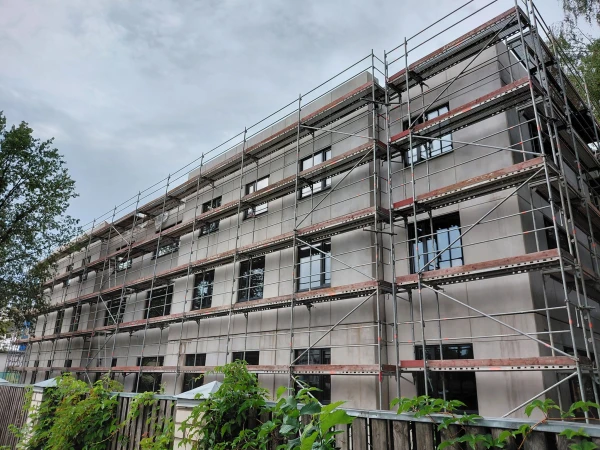
The most significant is the social services program for residents at home – 58,191,497 euros. The head of the Welfare Department, Martins Moors, informed the deputies that expenditures have increased by 8 million euros across 13 different programs.
Larger amounts, fewer recipients
"We see that social services resolve situations," announced Mr. Moors. At the same time, the number of people receiving guaranteed minimum income (GMI) this year is 4,951 (7% less than last year). The head of the capital's social services pointed out that expenditures in this area have increased by 10%. The state, for its part, participates in paying the "minimum income" by 30%. Quite a lot – 2,648 recipients – are among Ukrainian citizens, compared to 2,303 residents of Riga.
– "We see that there are not many recipients of housing benefits among Ukrainians," the official explained. He also emphasized that since 2021, "pensions cannot be lower than the GMI." The latter is scientifically justified, calculated based on the median, i.e., average incomes!
39% of those in need in Riga are pensioners, 23% are disabled. A total of 11,059 low-income individuals have registered for assistance. The increase in payments occurs automatically: "The minimum wage is rising, pensions are increasing due to indexing."
– "People are provided with universal services," assured M. Moors. For his part, the largest category of recipients by family composition is large families. The number of families with foster children has slightly decreased – from 385 to 376.
Twins in Riga will now be rewarded by the municipality with 4,500 euros, and if there are already three children in the family – 6,000 euros.
Social services increased by 16 million
New types of services have been adopted in the capital – social rehabilitation for children with nervous development disorders; a preventive support program for young mothers; assistance to families to restore social functions; MISIJA for children with addictions. A number of innovations involve non-governmental organizations – the Samaritan Society, the SOS Children's Village Association.
In Mr. Moors' opinion, the fact that 32.4% of funds are allocated specifically for home care helps provide hot meals, assistant guides, emergency buttons, and video visits for those in need. In 2025, 3,498 people benefited from material assistance for home care. Almost all of these individuals suffer from chronic diseases and have functional impairments...
In Riga, Mr. Moors noted, there is a workable system that allows receiving assistance from assistants for an average of 12 hours a week within a week.
Nursing homes are still cramped
In 2025, there were 2,348 places in social assistance centers, with 2,685 unique clients. "The queue has decreased," claims Mr. Moors. 74% of clients choose municipal institutions in Riga, although self-financing from the municipality allows for quicker placement in a center located in the province. Another 17% of clients are placed in organizations cooperating with the municipality, and 9% in structures that are procured.
– "Unfortunately, Riga has refused to build, even with EU co-financing, a nursing home for 98 places. This was not a good decision. We need to think about how to compensate for this. The Samaritan Union is currently building one for 48 places. We need a construction mechanism every year, based on market demand. It's like buying a car or leasing one.
A worrying signal of late is the increase in the number of people with dementia. Therefore, specialized departments are being created in the nursing homes "Mežciems" and "Gailēzers" to provide seniors with a decent level of services.
Feedback from relatives is positive, emotional stability is improving, and the staff is professional.
As for assistance to the homeless from Riga, there is no particular novelty – Mr. Moors believes that their numbers are even decreasing. To prevent this category from growing, the capital pays attention in advance to children with behavioral and communication disorders. Unfortunately, state-paid services for treating teenagers with addictions are still rare...
Mr. Moors also mentioned education as a crucial factor for the further socialization of young people. Of course, the welfare service cannot influence the linguistic approach of the Ministry of Education – but the sad fact is that children who cannot finish school due to increased language requirements may become future recipients of benefits.
"We are facing a huge explosion"
– "I am in depression," admitted National Alliance MP Lauris Erenpreiss after listening to the report. The social budget cannot increase indefinitely. "We are facing a huge explosion," the politician stated. "Something needs to be done."
Mr. Moors acknowledged that there is an increase in the number of teenagers with "destructive behavior": "The pressure on youth that the educational process requires is much greater. I compare it to my children: what I learned in high school, they learn in primary school!"
Mr. Erenpreiss also inquired about why the number of disabled children is increasing in Riga. The answer was simple – these are saved lives at birth. But there are also genetic changes – overall, our local population is aging and not getting healthier, pointed out the director of the Riga City Welfare Department, Irēna Kondrate. In any case, three-quarters of such children receive assistance from capital institutions.
Einar Cilinskis (National Alliance) also raised the issue of aggressive children. A specific example: a child was expelled from school for poor behavior, requiring parental supervision, which led to the parent losing their job.
Martins Moors believes: "There are crises, we need to be prepared for them. We need to create an algorithm for workers so they can calm the children."
As a professional, he thinks that sending problematic children to special institutions is the worst option because they will continue to behave similarly there.
Linda Ozola (New Unity) inquired about the budget requests for the social sector for 2026. I. Kondrate reported that additional expenses will be required for home care. "Demography plays a role here. Clients are becoming more severely affected. Inflation also impacts. But in Riga, strangely enough, we have one of the cheapest services."
Your author inquired about the opportunities of the mentioned partner organizations – M. Moors explained that their comprehensive services include apartments, similar to small apartments. The city collaborates with such modern nursing homes – but the most problematic remains the level of co-financing, which is low...

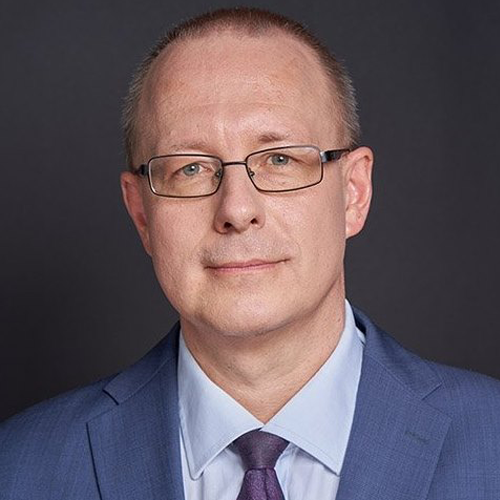
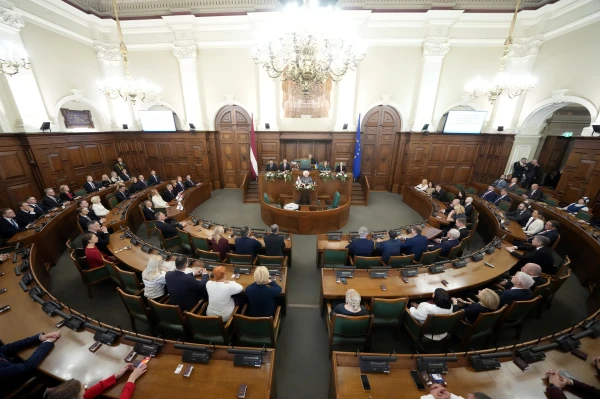


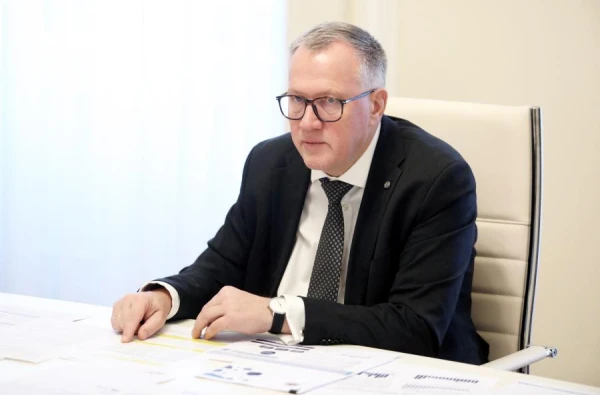

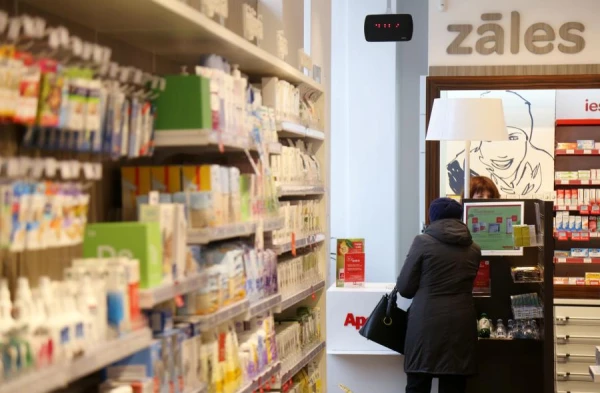

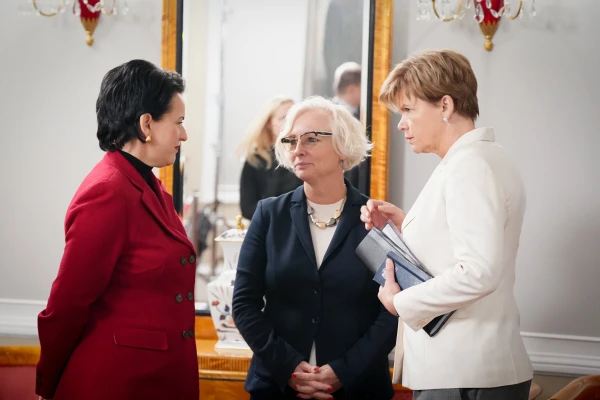

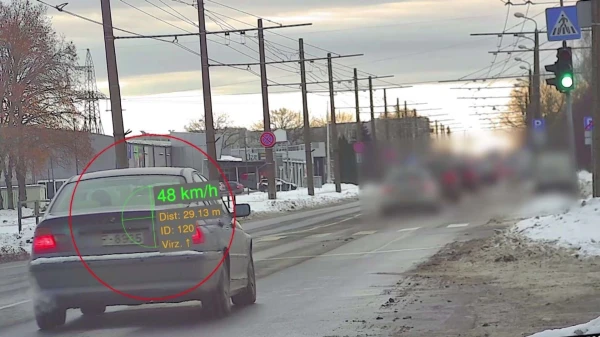



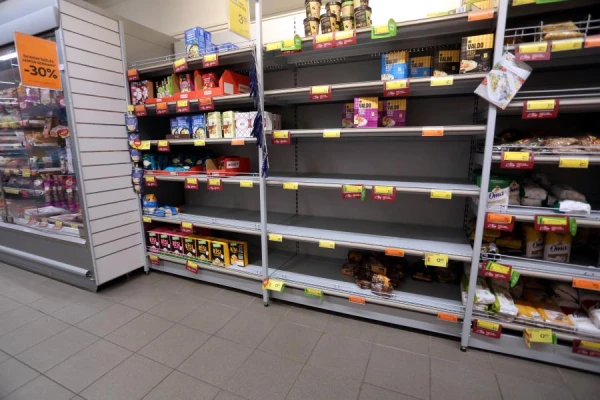
Leave a comment